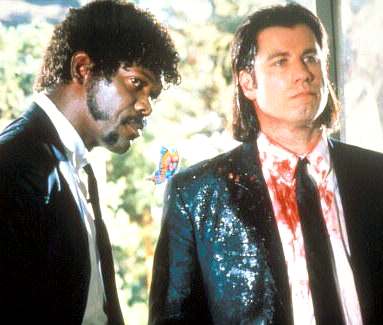
The film Memoirs of a Geisha, is my all time favorite film. It attempts to portray the mentality of a different society, different mentality, as well as a different culture.
Although the director did a wonderful job with the formalist persepective of the film, many were quick to criticize the fact that Chinese actresses and actors portrayed a Japanese fairytale.
''Any doubts about three Chinese actresses speaking English with Japanese accents vanish in the face of their deeply felt performances and the world Marshall conjures with magical finesse,'' said Peter Travers.
This essay dives into stereotypes, nationalism and the acting in the film among other things.
Memoirs of a Geisha
